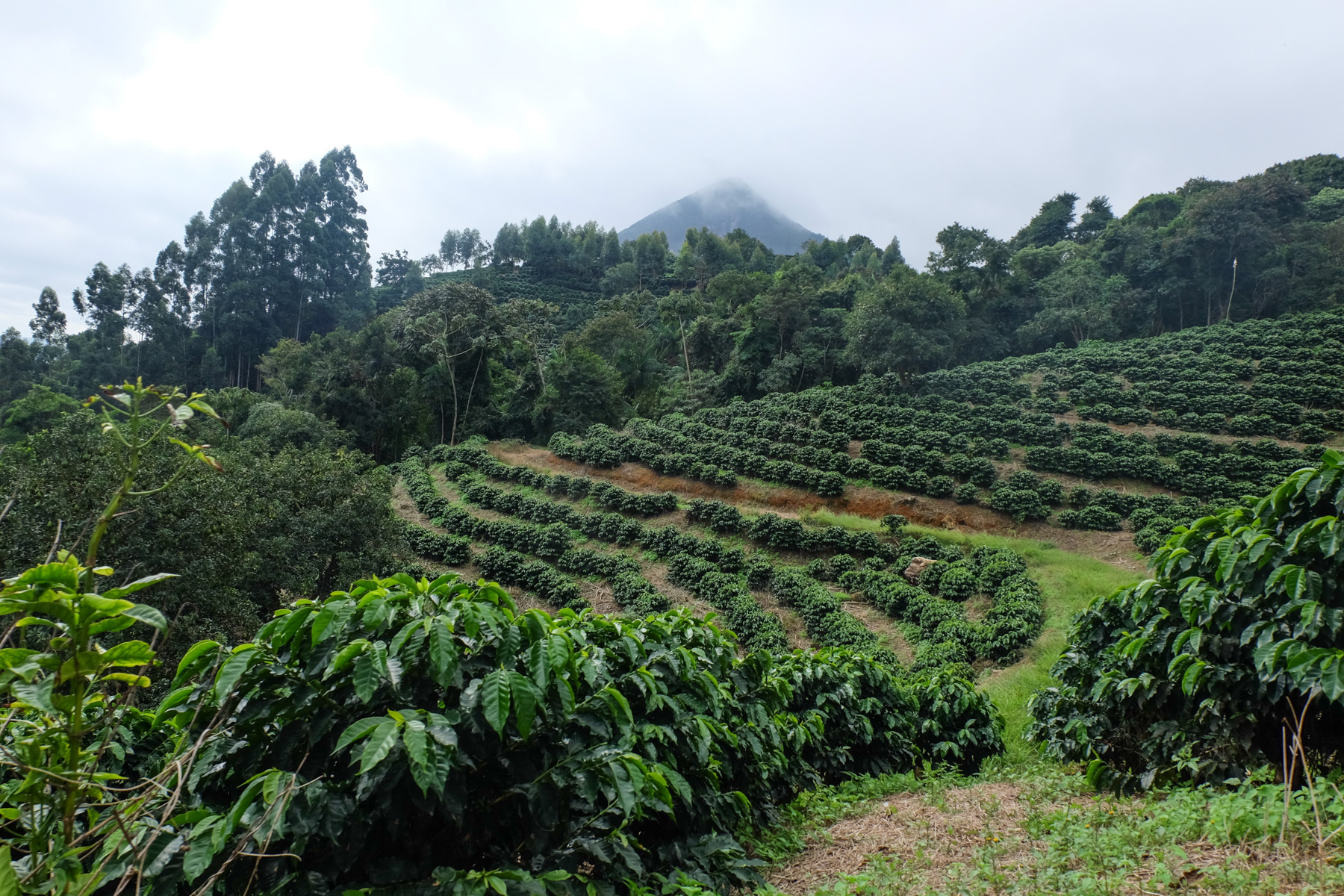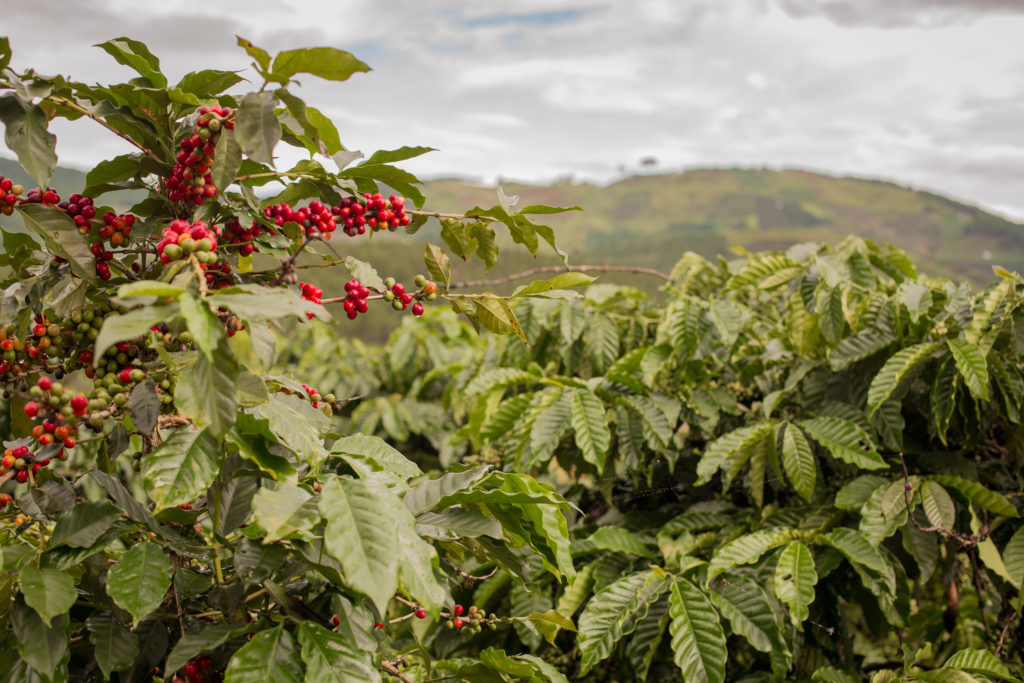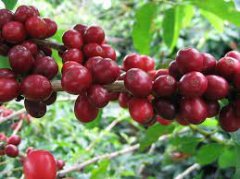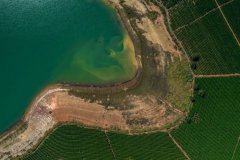Coffee pot in the world-the historical story of coffee bean cultivation in Brazil accounts for 1/3 of the world coffee bean output.
What do you think of when you hear about the South American country of Brazil? Some people will think of Carnival, its celebratory atmosphere, noisy fun and bright colors. Others think of the Amazon rainforest, which is 60% in Brazil. And I thought of coffee. As we all know, coffee is one of the most important industries in Brazil, which is why Brazil is called the world coffee pot.

The History of Brazilian Coffee
Coffee is essential to the development and growth of Brazil. However, the plant did not originate in South America. Europeans introduced coffee to Brazil during the colonial period because the weather and soil conditions there seemed to be favorable for cultivation. The first known coffee shrub in Brazil was planted in the mid-1700s. Crops are growing well and profitable, but they did not become a major export in the 18th century.
Globally, coffee consumption increased significantly in the 19th century, when Brazilian coffee history became even more important. By the 1840s, Brazil accounted for an astonishing 40% of the world's coffee production and exports. Coffee far exceeds sugar, cotton and all other exports combined and accounts for most of Brazil's exports.
By the 1920s, Brazil supplied about 80% of the world's coffee. Demand is still growing. However, overproduction in Brazil and around the world eventually led to lower prices. The Brazilian government is trying to control the decline in coffee prices and even reduce exports in order to diversify the Brazilian economy. It worked, but only to some extent, because Brazil still supplied 60% of the world's coffee in 1960.
The history of Brazilian coffee is extremely important for understanding the history of Brazil as a whole. This inseparable relationship is one of the reasons why Brazil is called the world coffee pot.

The facts about coffee in Brazil today
Other reasons have to do with the importance of coffee in Brazil today. Let's get a fuller picture of the situation by looking at some figures, statistics, and other Brazilian coffee facts:
Brazil is still the world's largest exporter of coffee and has a history of 150 years.
Brazil accounts for 1/3 of the world's coffee production. If you drink coffee, it is likely to be grown in Brazil.
Brazil produces more than twice as much coffee as Vietnam, the world's second-largest producer.
About 3.5 million people in Brazil work in the coffee industry, accounting for 1.7 per cent of the population and nearly 4 per cent of the workforce.
There are 220000 coffee farms in Brazil.
Important Notice :
前街咖啡 FrontStreet Coffee has moved to new addredd:
FrontStreet Coffee Address: 315,Donghua East Road,GuangZhou
Tel:020 38364473
- Prev

Is Mexican decaf healthy? Decaffeinated? decaffeinated? Processing method of decaf coffee
Coffee is the most popular drink in the world, consuming more than 4000 billion cups a year. It is part of a healthy and balanced diet, and the pleasure experience of drinking coffee plays a key role in many cultures around the world, providing opportunities for friends, family and colleagues to communicate. But there are also some people who are extremely sensitive to caffeine intake, and the existence of decaf coffee is very important to these people.
- Next

Flavor characteristics of coffee beans in Sao Paulo, Brazil 2021 the yield of Brazilian coffee decreased due to drought
After a record harvest in 2020, Brazil is likely to see one of the worst declines in coffee production in 2021. The drought brought by La Nina has hit new crops during the critical flowering period and is likely to depress the yield of Brazilian coffee. In the course of Brazil's history and economic development, coffee cultivation in Brazil has undergone significant changes, especially in terms of production location.
Related
- Detailed explanation of Jadeite planting Land in Panamanian Jadeite Manor introduction to the grading system of Jadeite competitive bidding, Red bid, Green bid and Rose Summer
- Story of Coffee planting in Brenka region of Costa Rica Stonehenge Manor anaerobic heavy honey treatment of flavor mouth
- What's on the barrel of Blue Mountain Coffee beans?
- Can American coffee also pull flowers? How to use hot American style to pull out a good-looking pattern?
- Can you make a cold extract with coffee beans? What is the right proportion for cold-extracted coffee formula?
- Indonesian PWN Gold Mandrine Coffee Origin Features Flavor How to Chong? Mandolin coffee is American.
- A brief introduction to the flavor characteristics of Brazilian yellow bourbon coffee beans
- What is the effect of different water quality on the flavor of cold-extracted coffee? What kind of water is best for brewing coffee?
- Why do you think of Rose Summer whenever you mention Panamanian coffee?
- Introduction to the characteristics of authentic blue mountain coffee bean producing areas? What is the CIB Coffee Authority in Jamaica?

